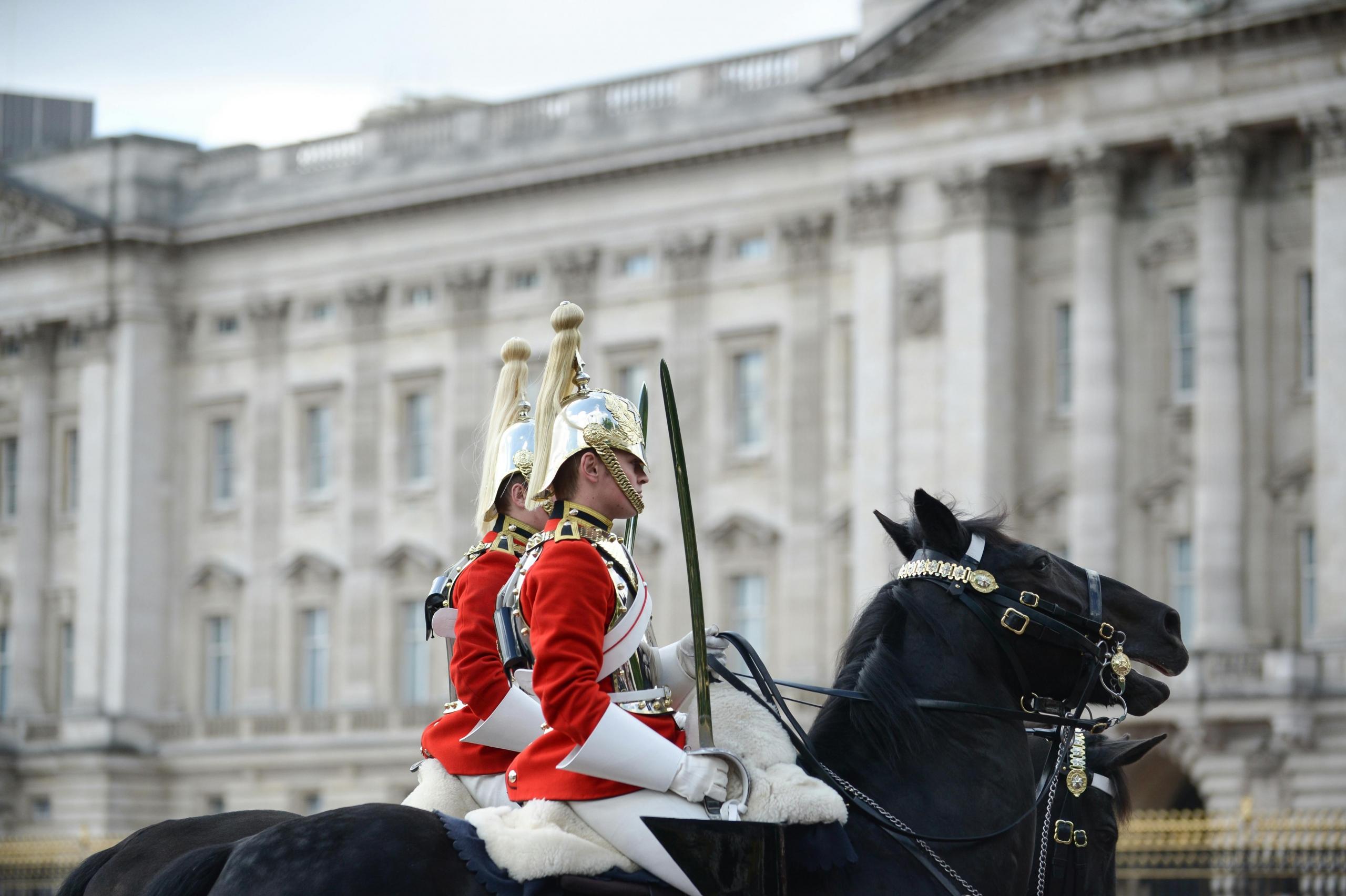Sometimes, when we read through history books or cover particular periods in history at school or college, it can be difficult to appreciate the true brilliance of the actions of certain figures and the extent of their importance at that time.
Especially in today’s day and age, where it is particularly difficult to imagine a world prior to the advent of modern technologies. Despite being without many of the tools we take for granted today, there were pioneers who managed to make an unfathomable impact on British history and culture.
The aim of this article is to take a journey through time and discuss historical British figures who helped shape the nation into what it is today.
We’ll provide some insight into the worlds of these people in history so that you can arrive at an understanding of the monumental achievements they each achieved in their respective times. You'll see how their individual contributions still hold sway in today’s British society and beyond.

William Shakespeare
There are few names in this world as widely celebrated as William Shakespeare, a true master of all traits and mostly renowned for his ability as a playwright and as a writer.
You could pay a visit to just about any library in the world and find walls of shelves dedicated to the works that he contributed over the course of his career.

This is because despite making for an enjoyable and engaging read, once you get a grasp of his unique language, his contributions made a profound and lasting impact on British and international culture.
His unique knack for character portrayal and plot development transformed theatre forever. And can be seen to this day across contemporary narrative styles.
He also left his mark through timeless themes such as the human condition that he explored in his work.
If you’ve ever seen one of his remarkable creations unfold on stage, you’ll have been witness to a host of topics such as love, death, ambition, and power; all wrapped up into a monumental experience that allows it to remain relevant in contemporary literature and film.
There are few ways as emphatic to influence our lives than introducing the way that we communicate.
An estimated 1,700 original words and countless phrases have worked their way into our everyday vocabulary!
There is perhaps no better example of a historical figure whose timeless appeal goes beyond boundaries and eras.
From theatrical performances to contemporary movie interpretations, being the most translated writer ever, Shakespeare’s impact stretches far beyond English-speaking regions, solidifying his position as a pivotal figure in worldwide literature and drama.
Understanding the Influential British Monarchs and Their Legacies will give you a strong sense of what it means to be British.
Charles Darwin
Charles Darwin is one person in history who you could say provided more understanding of life’s biggest question than anyone else.
Since the beginning of our existence, humans have pondered the question of where exactly we come from. Well, it was Darwin who transformed our comprehension of life on Earth through his concept of evolution by natural selection.
His expedition on the HMS Beagle for five years and his studies in the Galapagos Islands set the foundation for his concepts.
You could make a strong case that Darwin’s book "On the Origin of Species ", published in 1859, remains one of the most influential books written. In a nutshell, his work put forth the idea that species undergo changes through natural selection.
This theory basically states that organisms possessing dominant traits have a better chance of survival and procreation, transmitting these beneficial attributes to their descendants.
So, if you take a look around your garden the next time we have the weather, you may find yourself wondering why different species of birds have the colour that they have or how some species made it to the top of the food chain.
Well, Darwin’s theory of natural selection basically explains that these attributes have led to the survival of the species.
Whether it’s the brighter colour feathers that lead to the bird’s being successful in finding a mate or why some of the smaller creatures became evaders of large prey and opted for the vegetarian option.
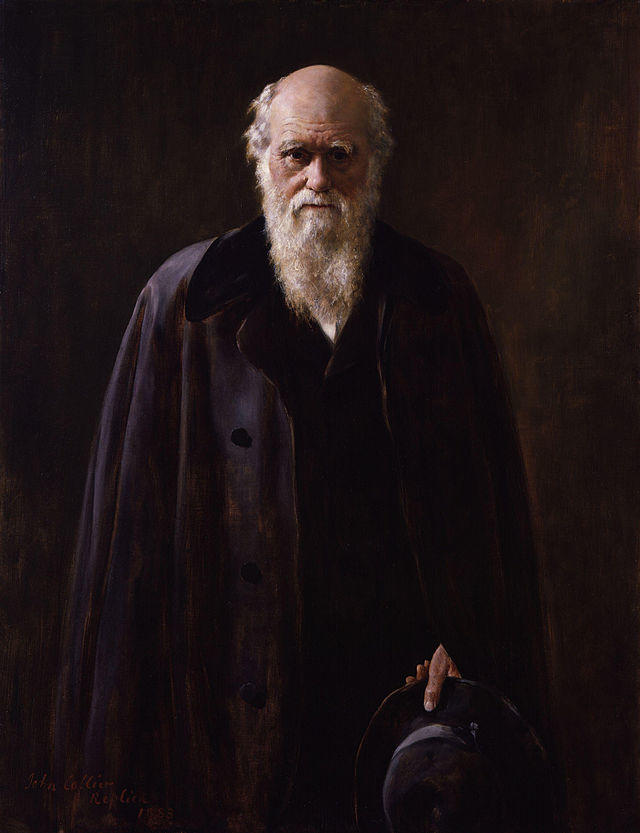
These findings really shook up the long-standing idea that species were non-adaptive and brought forth the notion that all life shares a common ancestry.
His concepts not only transformed the field of biology but actually went a great deal further, leaving an impact on other subjects such as genetics, psychology and philosophy.
Scientific advancements since Darwin's work have only continued to strengthen and enhance his incredible theory over time.
His work most certainly changed the world and how we think about life forever, as his evolutionary theory stands as a widely accepted concept in the science community.

Winston Churchill
There are few historical figures to get the extent of coverage that Winston Churchill gets in our history books, and it’s most certainly justified when you consider the influence that his leadership has on shaping the nation that we live in today.
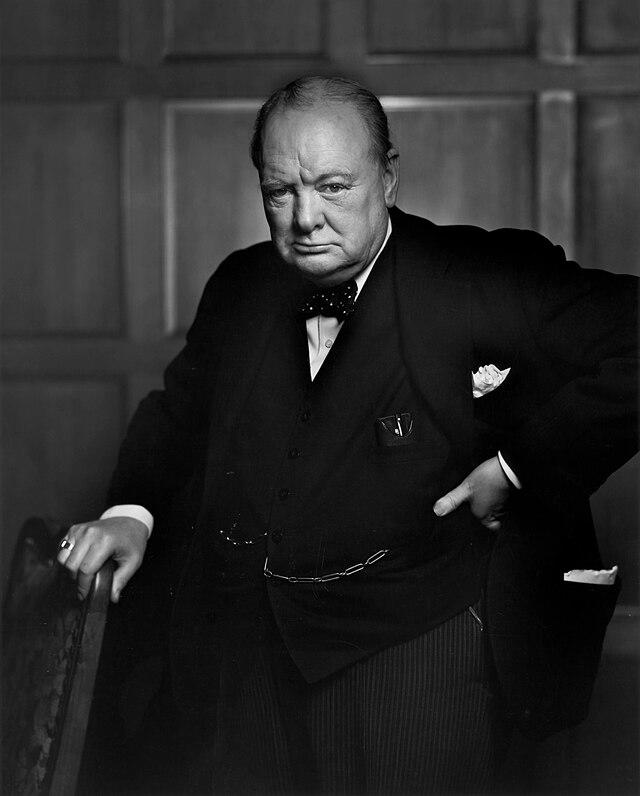
There is no denying the significant impact that he had on both the nation’s success and global events for over fifty years, in particular, his leadership as Prime Minister during World War II.
During the war, he showed great leadership skills when he took office as Prime Minister in May 1940 amidst Nazi Germany's invasion of Western Europe and formed a government.
Your grandparents will likely recall his many impactful speeches that inspired the nation and kept morals high over the course of the conflict.
They can also probably tell at least a couple of stories that will give you some examples of his steadfast determination, far-sighted strategy and relentless work ethic and how they played a vital role in steering the nation through many of the battles that took place.
You could say that his influence extended beyond wartime, as his foresight in recognising the emergence of the Cold War, giving his famous 'Iron Curtain' speech and demonstrating his continued impact on global affairs.
If you ask your history teacher or any friends of yours who happen to be history buffs, they will likely tell you how Churchill is now seen as one of the most significant figures in British history!
It’s safe to say that the Britain we live in today would look an awful lot different, as too would the world, if it had not been for the role that Winston Churchill played in the war and over the course of his time in power.
In order to arrive at an understanding of how we got to where we are today, we must learn about the most important British Historical Events that shaped the world we live in.
Diana, Princess of Wales
One of the most treasured figures in history who had a big part in shaping the nation that we live in today is Princess Diana.
When you hear the name, Princess Diana, you likely think of the impact she had on history and worldwide culture with her enchantingly romantic wedding back in 1981.
While at the surface, this might seem like a milestone that many of us go through in our lives, this event captured the hearts of millions of people.
Her charming and relatable personality went a long way in changing the way that the monarchy was perceived by the British public.
She was one of the only members of the British monarchy to whom the public could really relate.
She has gone through many struggles of her own and subsequently dedicated much of her life to humanitarian causes, which remains her most enduring legacy!
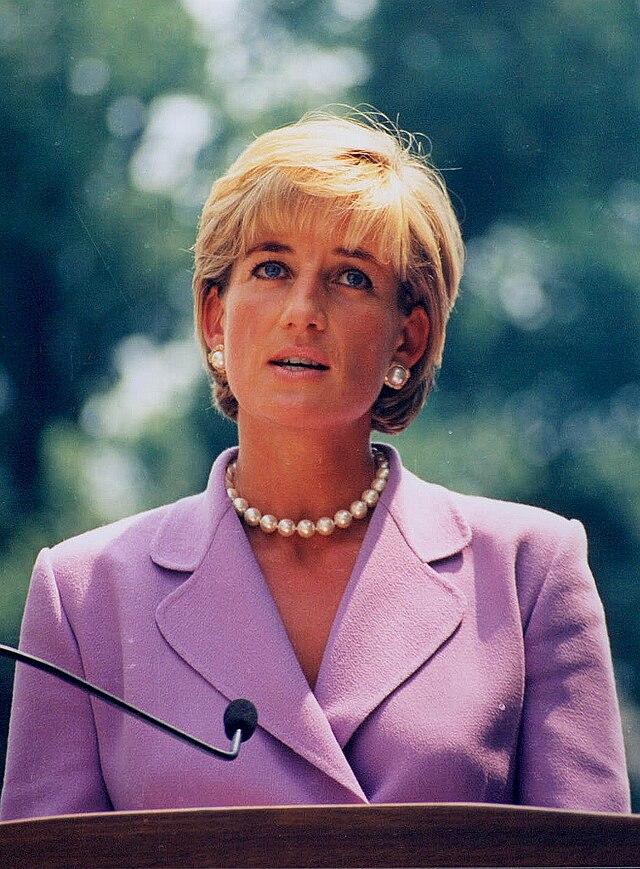
As patron or president of over 100 charities, she championed causes including homelessness, disability, children's welfare, and HIV/AIDS awareness.
There are many figures in history who are remembered for accomplishing monumental things throughout their lives and leading people through difficult times. However, few provide a role model figure for future generations to aspire to quite like Diana.
Sir Isaac Newton
Another of Britain’s claims to fame was a man named Sir Isaac Newton, who made significant contributions to the fields of physics and mathematics, reshaping our perception of the natural world and positioning England at the forefront of Scientific Advancement.
Newton's "Principia Mathematica" laid the foundation for classical mechanics, introducing laws of motion and universal gravitation that explained diverse phenomena from celestial movements to earthbound objects.
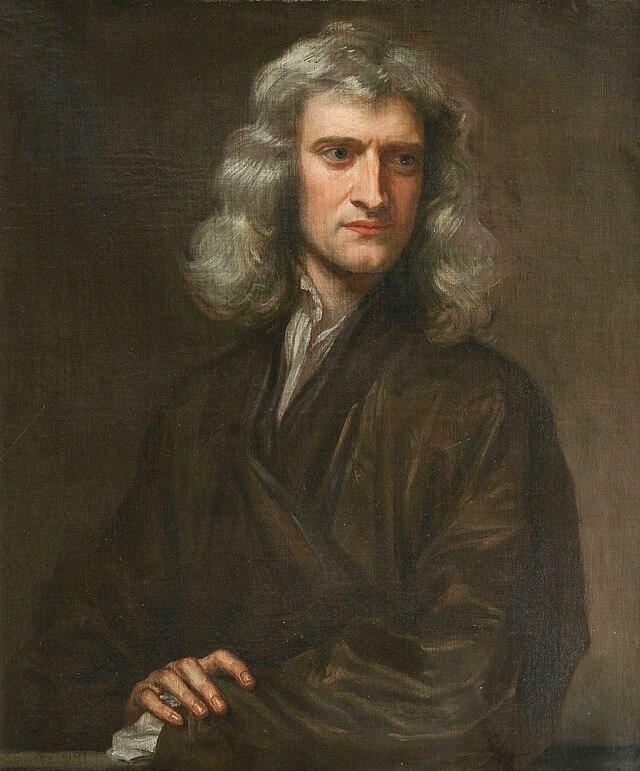
While it might be an annoyance to work through in your school or college maths book, his development of calculus provided a powerful tool for describing change and motion.
It played a major role in the advancements across multiple scientific fields.
No list of British historical figures would be complete without the mention of Sir Isaac Newton. His remarkable contributions, having shaped today’s science and technology landscape, solidify his position as one of the most influential figures in the nation’s history.
Often singular moments have often tipped the scales, examine the battles that shaped British history and their profound consequences.
Appreciating British Figures in History
Hopefully, after reading your article, you will find yourself with a newfound appreciation for many of the significant figures in British history who have shaped the nation into what it is today.
Who would have thought that a single person could have such a substantial influence on the identity and heritage of a nation?
These figures certainly leave plenty for the following generations to aspire to, having paved the way in their respective fields.
Their efforts remain relevant today and motivate cohorts to challenge limits and be the change we want to see in society.
Summarise with AI:

